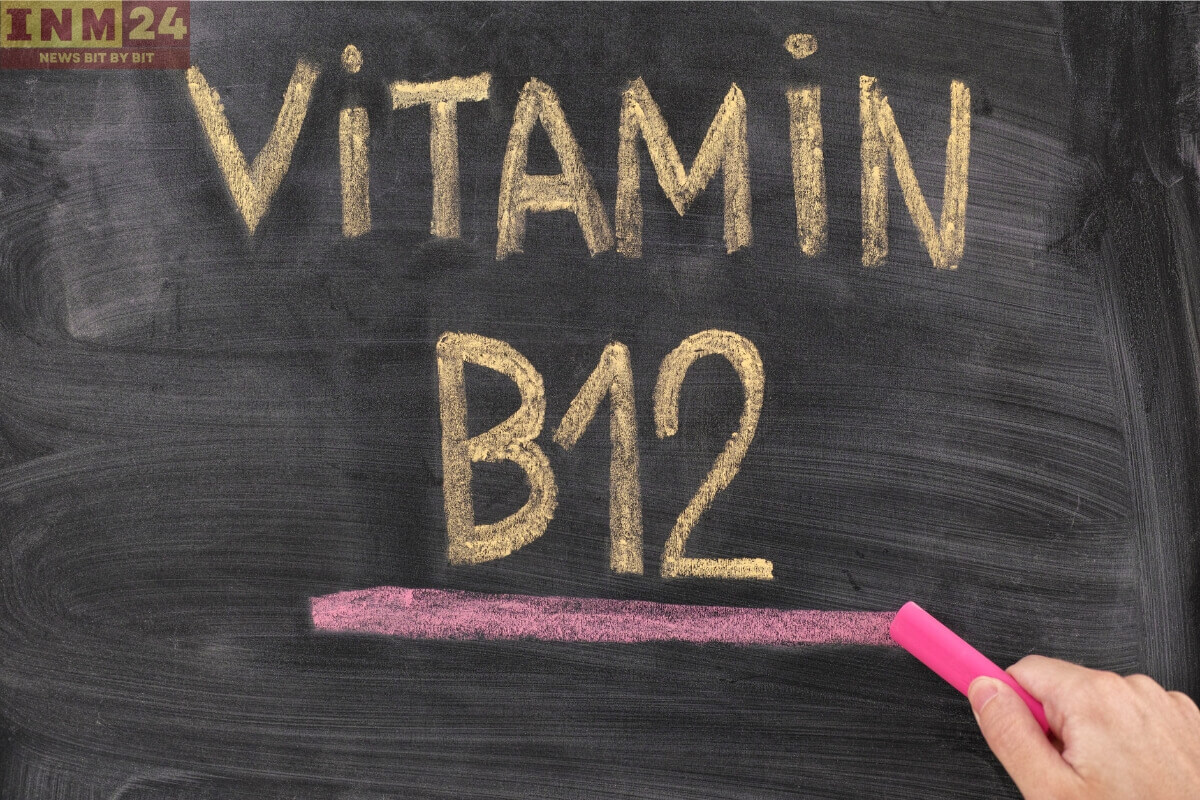Vitamin B12, also known as cobalamin, plays a crucial role in various bodily functions, including the health of the nervous system, red blood cell formation, and DNA synthesis. Its deficiency can lead to a range of health problems, with symptoms often manifesting in different parts of the body, including the eyes.
Vision Changes
One of the key indicators of vitamin B12 deficiency is changes in vision. These changes can include blurred or disturbed vision, sensitivity to light, and even double vision. In some cases, individuals may experience difficulty focusing on objects or have trouble distinguishing colors.
Optic Nerve Damage
Vitamin B12 deficiency can also affect the optic nerve, which transmits visual information from the eye to the brain. Damage to the optic nerve can result in vision impairment, including decreased visual acuity and peripheral vision loss. In severe cases, it may lead to optic neuropathy, a condition characterized by optic nerve damage and vision loss.
Dry and Irritated Eyes
Another common symptom associated with vitamin B12 deficiency is dry and irritated eyes. Insufficient levels of vitamin B12 can affect the production of tears, leading to dryness, redness, and discomfort in the eyes. This can cause symptoms such as itchiness, burning sensation, and a gritty feeling in the eyes.
Macular Degeneration
Research suggests that vitamin B12 deficiency may be linked to an increased risk of age-related macular degeneration (AMD), a progressive eye condition that affects the macula, the central part of the retina. AMD can cause loss of central vision, distortion of straight lines, and difficulty recognizing faces.
Optic Atrophy
In severe cases of vitamin B12 deficiency, optic atrophy may occur. Optic atrophy refers to the degeneration or shrinkage of the optic nerve, resulting in permanent vision loss. This condition requires prompt medical attention and treatment to prevent further damage.
The eyes serve as a window to overall health, and changes in vision or eye health can sometimes indicate underlying nutritional deficiencies, including vitamin B12 deficiency. Therefore, it is essential to be mindful of any unusual symptoms affecting the eyes and seek medical advice if necessary. Additionally, maintaining a balanced diet rich in vitamin B12 and other essential nutrients is crucial for supporting eye health and overall well-being.
